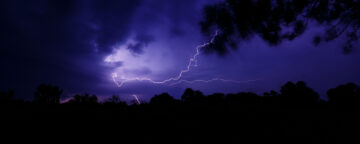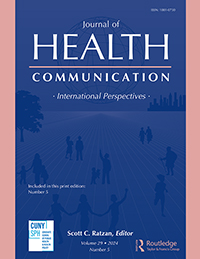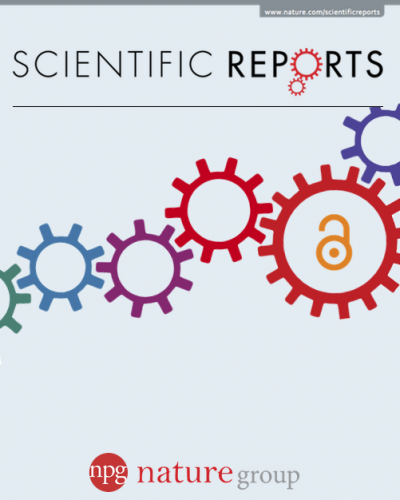APPC hosted the annual SEJ conference April 3-7, focusing on Democracy, Disinformation, Activism… What’s Environmental Journalism’s Role?”
Climate


APPC Celebrates 30 Years of Research and Engagement That Matter
The Annenberg Public Policy Center celebrated its 30th anniversary by honoring the work of its former postdoctoral and FactCheck.org fellows and opening a new Climate Communication division.

Psychologist and Neuroscientist Emily Falk to Lead APPC’s New Climate Communication Division
As part of its 30th anniversary celebration, the Annenberg Public Policy Center has opened a new area of research, the Climate Communication division, led by Annenberg School for Communication vice dean Emily Falk.

Experiencing Record-Breaking Heat Days Affects Perception of Weather Trends
New research published by a team at APPC finds that experiencing days in which the temperature exceeds previous highs for that time of year affects people’s perception of weather trends.

Climate Change Communication Principles Issued by American Academy Group
In new reports, an American Academy of Arts & Sciences group co-chaired by APPC Director Kathleen Hall Jamieson sets out 12 principles of effective climate change communication.

Commentary: The Impacts of Non-Violent, Disruptive Climate Change Protests
Penn climate scientist Michael Mann and APPC's Shawn Patterson, Jr., draw on survey research to explore the impacts of non-violent, disruptive protests on public perceptions of climate change.

Annenberg Debuts Science and Public Health Knowledge Monitor
APPC is launching a science and health knowledge monitor comprising quarterly survey reports to track national levels of health knowledge and misinformation over time.

Climate Colloquium Launches Penn Center on Science
A colloquium with climate scientist Michael E. Mann and former Australian P.M. Malcolm Turnbull inaugurated the Penn Center for Science, Sustainability and the Media.

